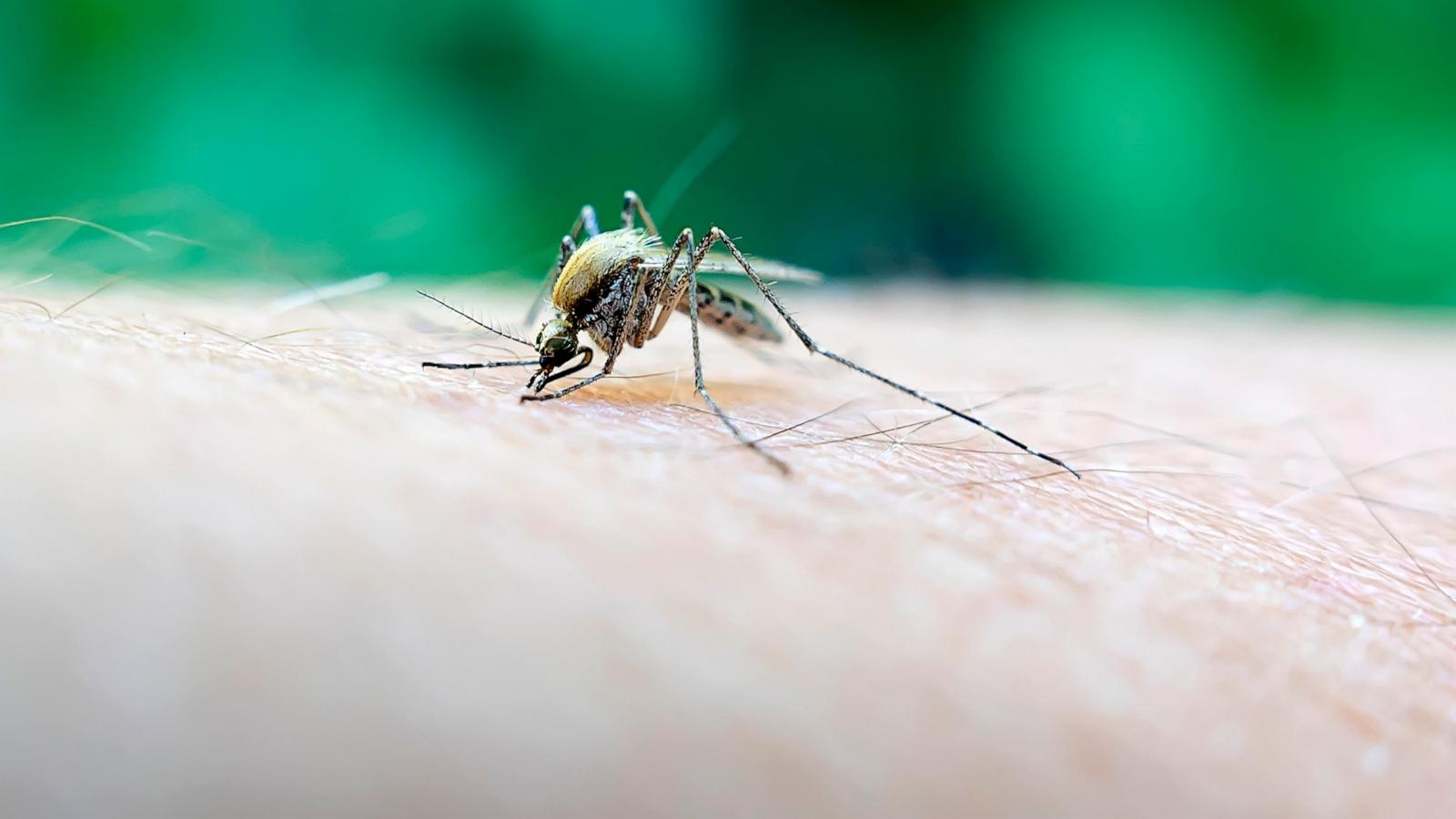
Heightened Risk of Mosquito-Borne Encephalitis Prompts Nighttime Park Closures in Massachusetts
Massachusetts is facing a growing concern over the spread of Eastern equine encephalitis (EEE), a rare but deadly mosquito-borne virus. The town of Plymouth, located about 40 miles southeast of Boston, has taken swift action by closing its municipal parks and fields to nighttime visitors. This decision was made in response to an increased risk of EEE, which was recently detected in a horse exposed in Plymouth. The town's EEE risk level has now been elevated to "high," leading local officials to prioritize public safety by limiting exposure to mosquitoes during peak activity hours.
Eastern equine encephalitis is a serious public health threat with a fatality rate ranging from 33% to 70% in humans. According to the Massachusetts Department of Public Health, deaths typically occur within two to ten days after symptoms begin. The virus is transmitted through mosquito bites, and those who survive an infection often suffer from long-term neurological problems. The Centers for Disease Control and Prevention (CDC) reports that EEE is extremely rare, with an average of only 11 human cases annually in the United States. However, Massachusetts experienced a significant outbreak between 2019 and 2020, resulting in 17 cases and seven deaths.
Also Read:- Calgary Coworkers Hit Jackpot: $5 Million Lotto Split
- Georgia Tech Stuns No. 10 Florida State in Dramatic Irish Opener
The first human case of EEE in Massachusetts since 2020 was reported on August 16, 2024, when an 80-year-old man in Worcester County contracted the virus. This has led state health officials to raise the risk levels in nearby communities and to issue warnings to residents about the dangers of mosquito bites. In response to the increased risk, the Massachusetts Department of Agricultural Resources has announced plans for aerial and truck-mounted mosquito spraying in affected areas, including parts of Plymouth and Worcester counties.
To further protect the public, several towns in Massachusetts have implemented or recommended curfews on outdoor activities during evening and nighttime hours. These curfews are based on the fact that mosquitoes most likely to spread EEE are most active from dusk to dawn. State health experts strongly advise residents to use mosquito repellent, wear protective clothing, and avoid outdoor activities during these hours.
In addition to the EEE threat, Massachusetts health officials have also reported that at least eight municipalities, including Boston, are now considered to be at high risk for West Nile virus, another mosquito-borne illness. The recent hospitalization of Dr. Anthony Fauci with West Nile virus further underscores the need for vigilance.
As the situation develops, Massachusetts residents are urged to stay informed about the latest public health advisories and to take necessary precautions to protect themselves and their communities from these dangerous viruses.
Read More:

0 Comments